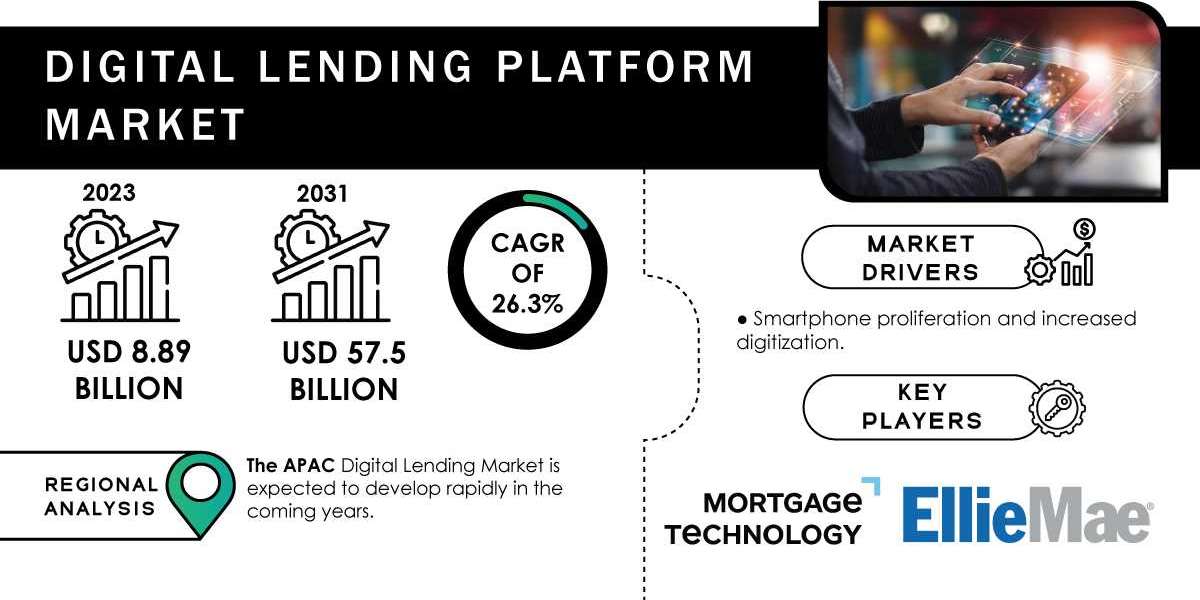The Testing, Inspection, and Certification (TIC) sector plays a pivotal role in ensuring that products and services across various industries meet regulatory standards and consumer expectations. However, the TIC sector faces numerous challenges and risks that can affect its operations, reliability, and effectiveness. Understanding these challenges is essential for stakeholders to develop strategies to mitigate risks and enhance the sector's resilience and efficiency.
Market Overview
According to Stratview Research, the testing, inspection, and certification market was estimated at USD 217.78 billion in 2022 and is likely to grow at a CAGR of 4.02% during 2023-2028 to reach USD 275.83 billion in 2028.
Market Segmentation
The TIC market can be segmented based on:
- by Service Type: Testing, Inspection, Certification,
- by Sourcing Type: In-House, Outsourced,
- by End-Use: Consumer Goods Retail, Agriculture Food, Chemicals, Infrastructure, Energy Power, Education, Government, Manufacturing, Healthcare, Mining, Oil Gas and Petroleum, Public Sector, Automotive, Aerospace Defense, Supply Chain Logistics, Others,
- by Region: North America, Europe, Asia Pacific rest of the World.
Evolving Regulatory Landscape
One of the most significant challenges in the TIC sector is the ever-changing regulatory environment. Regulations vary widely across different countries and industries, and they are continuously updated to address emerging risks and technological advancements. TIC companies must stay abreast of these changes to ensure compliance, which requires substantial resources and expertise. Failure to adapt to new regulations can lead to non-compliance, legal penalties, and damage to reputation.
Technological Advancements and Integration
While technological advancements offer opportunities for enhancing TIC services, they also pose challenges. The integration of new technologies such as artificial intelligence (AI), blockchain, and the Internet of Things (IoT) into TIC processes requires significant investment in infrastructure and training. Additionally, ensuring interoperability between legacy systems and new technologies can be complex and time-consuming. The rapid pace of technological change means that TIC companies must continually innovate to remain competitive, which can strain resources.
Data Privacy and Security
TIC companies handle vast amounts of sensitive data, including proprietary information and personal data. Ensuring data privacy and security is a critical challenge, particularly in the context of increasing cyber threats. A data breach can result in severe consequences, including financial losses, legal liabilities, and reputational damage. TIC companies must implement robust cybersecurity measures and comply with data protection regulations, which can be resource-intensive.
Globalization and Market Expansion
The globalization of trade and the expansion of markets pose both opportunities and challenges for the TIC sector. Operating in multiple countries requires navigating diverse regulatory environments, cultural differences, and logistical complexities. Additionally, TIC companies must manage the quality and consistency of their services across different regions, which can be challenging given the variations in local standards and practices. Balancing global expansion with maintaining high service standards is a continuous challenge.
Competition and Market Pressure
The TIC sector is highly competitive, with numerous players vying for market share. This competition drives innovation and service improvements but also exerts pressure on pricing and profit margins. Smaller TIC companies, in particular, may struggle to compete with larger, more established firms that have greater resources and global reach. To remain competitive, TIC companies must continuously invest in technology, expand their service offerings, and differentiate themselves in the market.
Talent Acquisition and Retention
Attracting and retaining skilled professionals is a significant challenge in the TIC sector. The industry requires expertise in various fields, including engineering, quality assurance, regulatory compliance, and data analysis. Competition for talent is fierce, and TIC companies must offer competitive compensation packages, career development opportunities, and a positive work environment to attract and retain top talent. Workforce shortages and high turnover rates can impact service quality and operational efficiency.
Complexity of Supply Chains
Modern supply chains are complex and involve multiple stakeholders, including suppliers, manufacturers, logistics providers, and retailers. Ensuring quality and compliance throughout the supply chain is a daunting task for TIC companies. Supply chain disruptions, such as those caused by natural disasters, geopolitical tensions, or pandemics, can further complicate this challenge. TIC companies must develop robust risk management strategies and collaborate closely with supply chain partners to maintain quality and compliance.
Environmental and Sustainability Concerns
As sustainability becomes increasingly important to consumers, businesses, and regulators, TIC companies face the challenge of integrating sustainability into their services. This includes developing and implementing standards for environmental performance, social responsibility, and governance (ESG) criteria. TIC companies must adapt to these evolving expectations and provide reliable assessments of sustainability practices, which may require new methodologies and expertise.
Conclusion
The TIC sector is crucial for ensuring the quality, safety, and compliance of products and services worldwide. However, it faces numerous challenges and risks, including evolving regulations, technological integration, data privacy and security, globalization, competition, talent acquisition, supply chain complexity, and sustainability concerns. Addressing these challenges requires continuous innovation, investment in technology and talent, and a proactive approach to risk management. By understanding and mitigating these risks, TIC companies can enhance their resilience and continue to provide valuable services in an ever-changing landscape.



